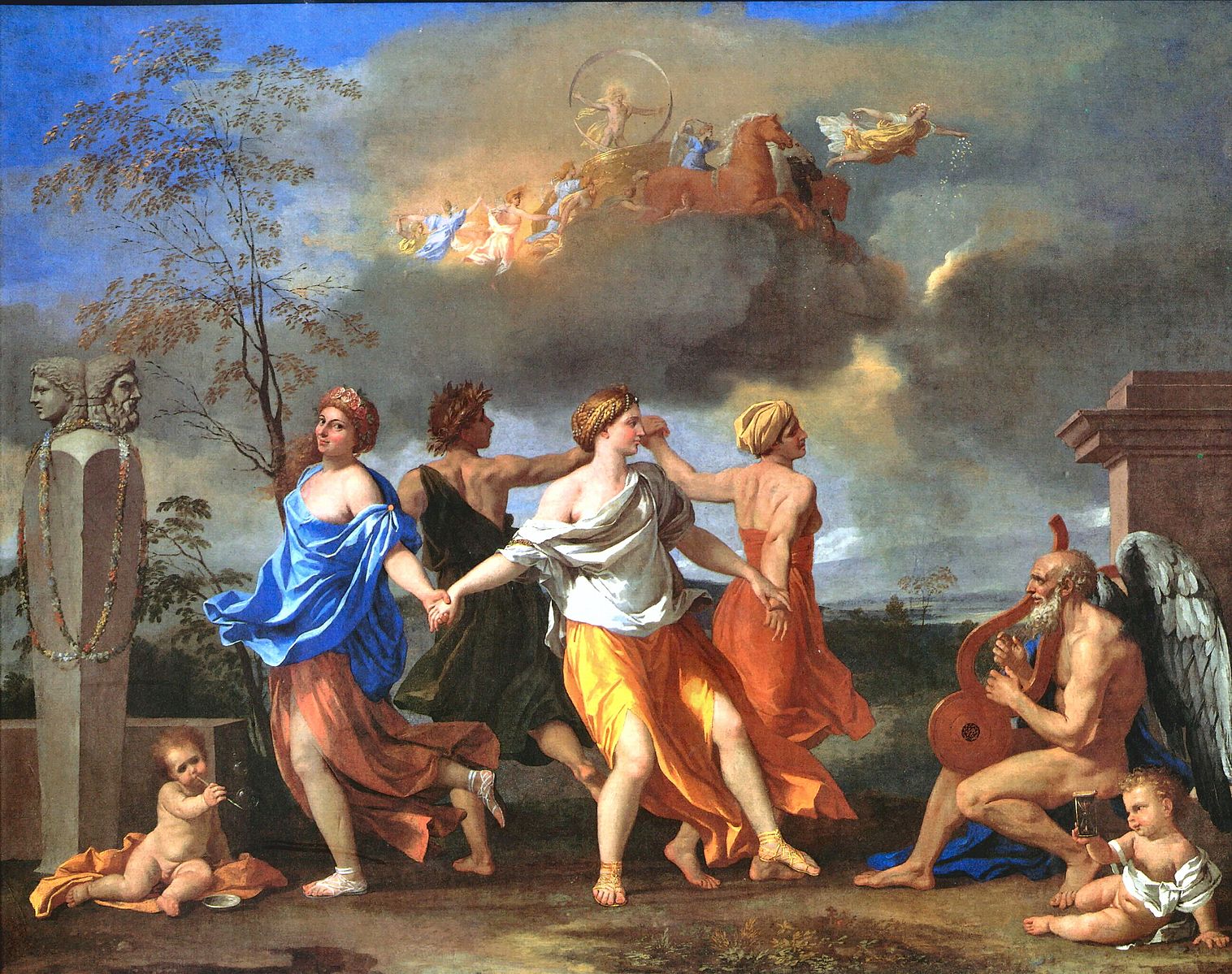The drifting, lonesome opening chords build slowly. Two kicks of the bass drum, and every classic rock fan on the planet knows what comes next: Don Henley’s strained “On a dark desert highway.…”
But this time, it isn’t Henley’s voice. Instead, it’s the smooth baritone of the elusive Frank Ocean as he launches into a 7-minute reimagination of the Eagles’ 1976 “Hotel California.” “American Wedding,” a track from Ocean’s 2011 mixtape Nostalgia Ultra, made Henley furious.
Henley, the Eagles’ frontman, livid at Ocean’s use of the “Hotel California” instrumental, told The Guardian that “[Ocean] is a talentless little prick” and that he is one of “these young kids who have grown up in a world that doesn’t understand or respect copyright law.” The problem with the younger generation, scoffs Henley, is that it doesn’t “understand the concept of intellectual property.”
Aside from respect for copyright law seeming to be pretty far down the list of current problems in America, Henley, in full get-off-my-lawn mode, appears to be out of touch with the past and the present. Music is an iterative process — every generation of artists has built on the work of previous ones. Henley, himself a country artist in his free time, should understand that; much of his genre of choice can be traced back to folk standards played by Hank Williams. Sampling — the use of elements extracted from other songs in the creation of a new piece of music — is central to hip-hop. Blues standards such as “Sweet Home Chicago” have been covered more times than could be counted — including a recent rendition featuring President Obama.
Henley, despite being crotchety and cantankerous, is correct in one aspect: Under American copyright law, Ocean isn’t allowed to perform his rendition live. However, as Nostalgia Ultra was a free mixtape, he’s legally allowed to release his recording. Therein lies the crux of the whole issue: putting a spin on other artists’ work has become an integral part of the fabric of today’s music. It’s done for exposure, not profit — and it’s legal. Some of music’s old guard choose not to recognize that, and ultimately it’s to the detriment of the industry. Eric Clapton cut his teeth and evolved his own style playing Robert Johnson covers; Jimi Hendrix’s “All Along the Watchtower” is originally by Bob Dylan, who himself drew inspiration from slave songs.
Music is iterative. That’s how it evolves. Henley, of all people, should appreciate that. In the early 1970s, English classic rock band Jethro Tull toured with the Eagles. Tull frontman Ian Anderson recently pointed out the striking resemblance that the “Hotel California” chord progression bears to Tull’s 1969 song “We Used To Know.” “Maybe it was just something they picked up subconsciously,” Anderson graciously observed. One would presume that, tables turned, Henley would look the other way.
Jack Siglin is a senior physiology and neurobiology major. He can be reached at jsiglindbk@gmail.com.



